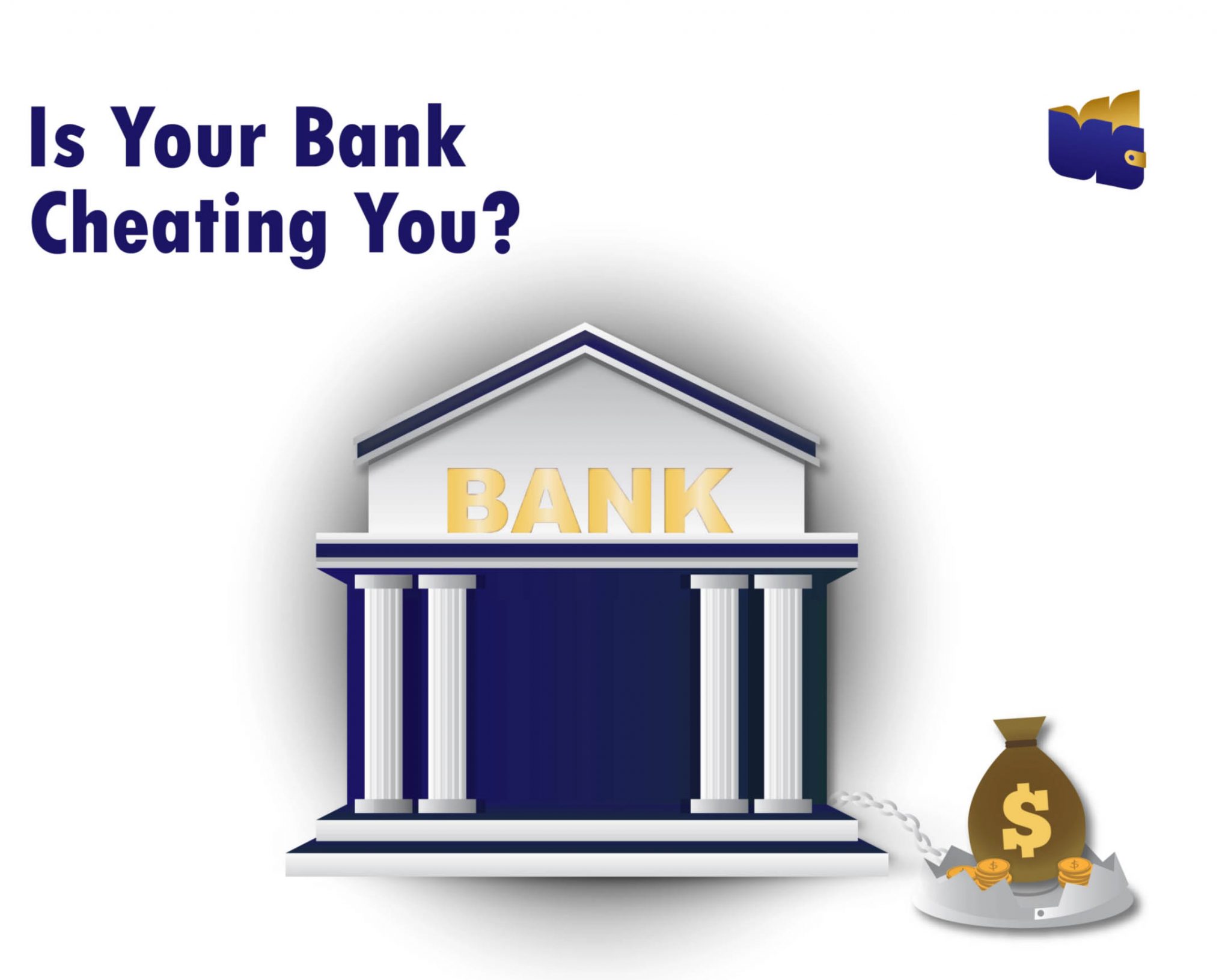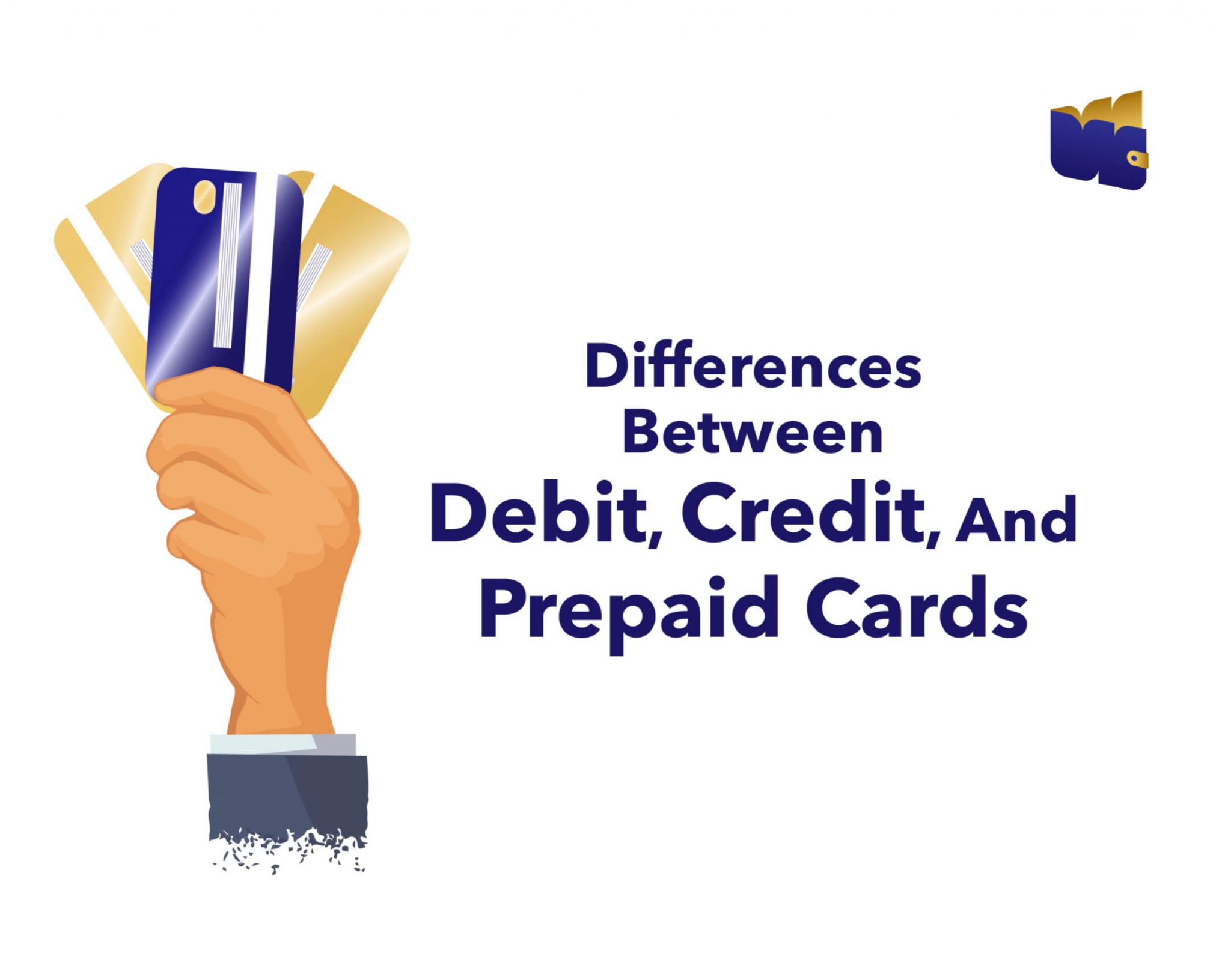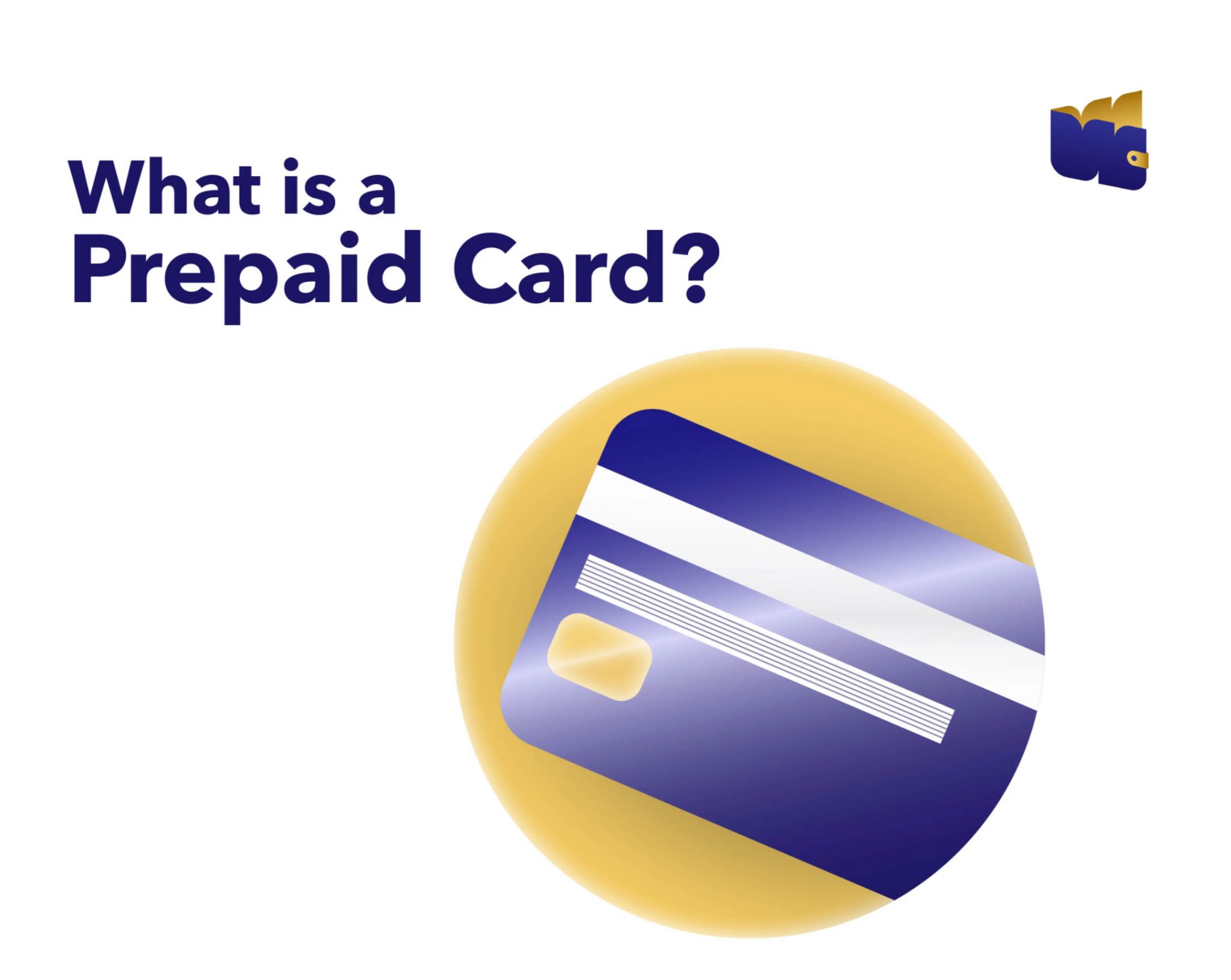In an age of “Digital Banking”, it can be hard to know if you are getting a good deal from your Bank…
Some Banks offer nothing in terms of benefits whilst others offer benefits such as free travel insurance, free currency transfers and cash back services on online purchases. But is your Bank really “benefiting” you? Here are 5 ways your Bank may be cheating you, be sure to check them out!
1. High ATM withdrawal fees
We all know that when we are on an international trip and our destination currency is different than our local currency, we will incur some level of fee if we withdraw cash from an ATM, but did you know some Banks can charge as high as 2% on withdrawals, including the exchange commission? Let’s say for example you are travelling from the UK where the local currency is GBP, to Cyprus, where the local currency is EUR. You could be paying up to 2% on ATM withdrawal fees if you are not careful. We suggest you contact your Bank prior to travelling, or calculating how much you expect to spend on your trip and exchanging before you arrive at your destination.
2. International Wire Transfers
When sending money abroad, there are many different services now. You can expect to see SEPA, SWIFT, Target2 and many more! When sending money, you will usually get to see at the end of your payment transaction, the “total amount” including bank charges. We suggest that you check everything thoroughly before pressing “send” because many times the Bank may not include the exchange fees if you send in a different currency, or they may not include “express” or “fast” charges which will show up in your account statement at a later date.
3. Account Maintenance Fees
Usually, account maintenance fees are not applicable to private accounts, unless you are a holder of an account with a lot of personal funds in them, or your bank privately. However, for businesses, account maintenance fees can be extremely high. If you bank in Europe, the fees are subject to regulation so you are pretty safe, but if you bank in jurisdictions outside of Europe such as the Middle East, Central Asia or South America, some banks can charge up to $350 a month just to hold your account open. If you are in a position where you need to use non-EU Banks, we suggest using a Bank which charges fair fees for account maintenance and/or use a company like WireWallet, where you can bank in Europe, but send funds globally in local currencies.
4. Long Delays on Processing Payments
Some Banks have to follow strict AML and fraud procedures, and most of the time we are happy for this as it protects us online. However, some Banks have been known to take weeks to send simple transactions and in a business environment, this can be detrimental to the success of a company. Imagine if you receive an invoice with a 7-day payment period on it, but the Bank takes 10 days to process the payment. You could be liable to paying interest on the invoice and this will affect your profitability. We suggest ensuring that all supporting documentation and necessary requirements from the Bank, are filled from your side before sending money, to ensure no delays are needed.
5. Annual Fees
A relatively new concept in the Banking World, but annual fees are becoming more and more popular with Banks. The way it works is the Bank may charge a standard fee depending on the amount of funds held in your account, or in some cases they may even charge a percentage. These fees are usually called “Custodial Fees”, whereby the Bank charges us for safekeeping of our funds. If you think your Bank is charging you such fees, we suggest to contact them directly and ask them for the calculation, and also the part in the Terms and Conditions to ensure everything is correct.
So, we hope this information is useful to you and if you want to work with a reputable financial institution, contact us at sales@wire-wallet.com and open an account with us!




